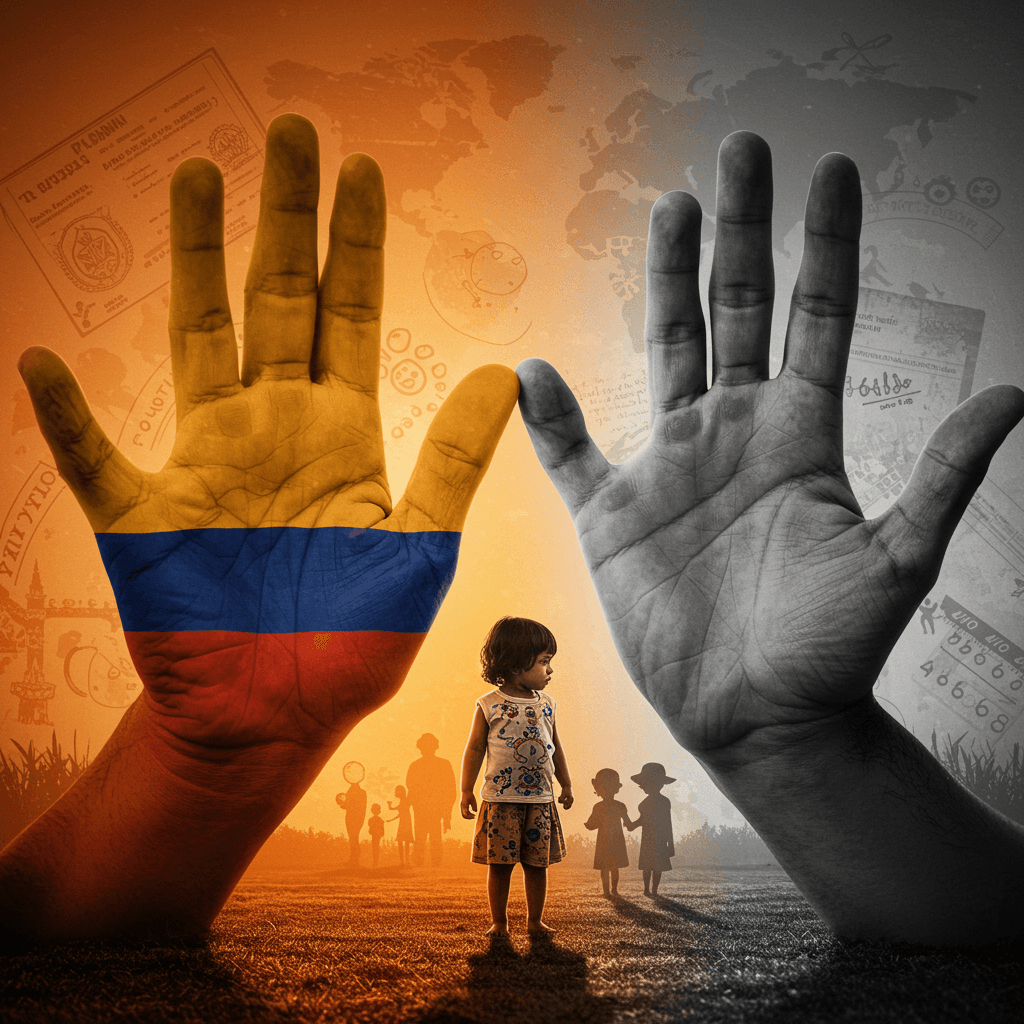False Narratives in Transnational Adoption: Learning from Colombia's Experience

Adoption can be a beautiful and transformative experience, creating bonds of love and belonging across borders. Yet, behind many stories of international adoption, there are also difficult truths that deserve attention.
What Do We Mean by "False Narratives"?
Many adoptive parents were told that they were ‘saving’ children from poverty or abandonment. While this narrative may have been true in some cases, it often obscured the complex realities of how children became available for adoption.
- Misrepresenting the reasons why children were placed for adoption.
- Overlooking or concealing biological families' attempts to remain connected.
- Minimizing the role of poverty, social inequality, or systemic failures in child welfare systems.
Illicit Practices in Colombian Adoptions
- Pressuring vulnerable families to relinquish their children.
- Failing to provide adequate support for families in crisis before turning to adoption.
- Exporting children abroad without fully exploring in-country alternatives for care.
A Path Toward Healing and Advocacy
Healing begins with acknowledgment. For adoptees, this may involve exploring their personal histories in therapy, reconnecting with their culture of origin, or joining support groups. For professionals, it means creating safe spaces for honest conversations about adoption's complexities.
As clinicians, researchers, and advocates, our responsibility is to ensure that future adoption practices prioritize the best interests of children, while respecting the rights of families and communities.
About the Author

Dr. Veronica Cloonan
Licensed Professional Counselor specializing in child and family therapy, with expertise in adoption and cultural identity.
